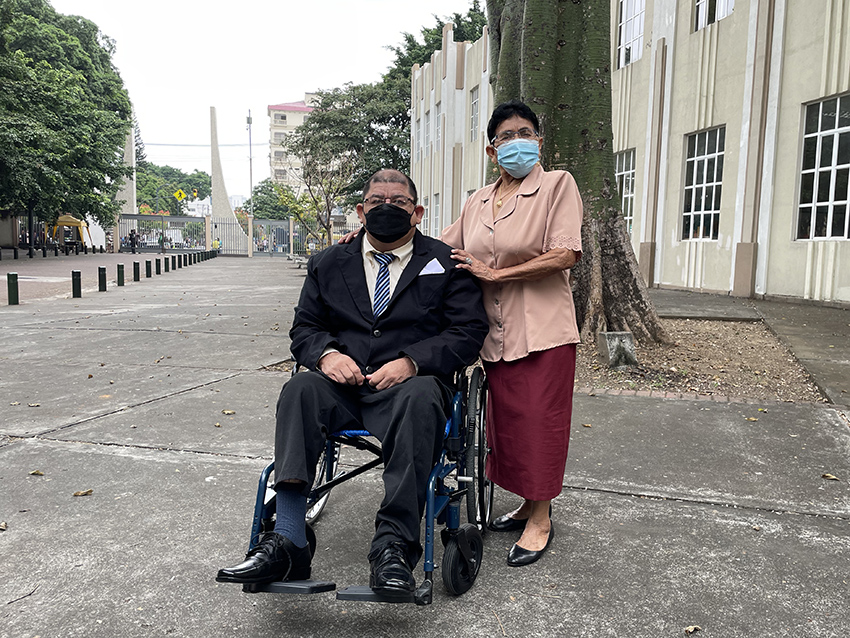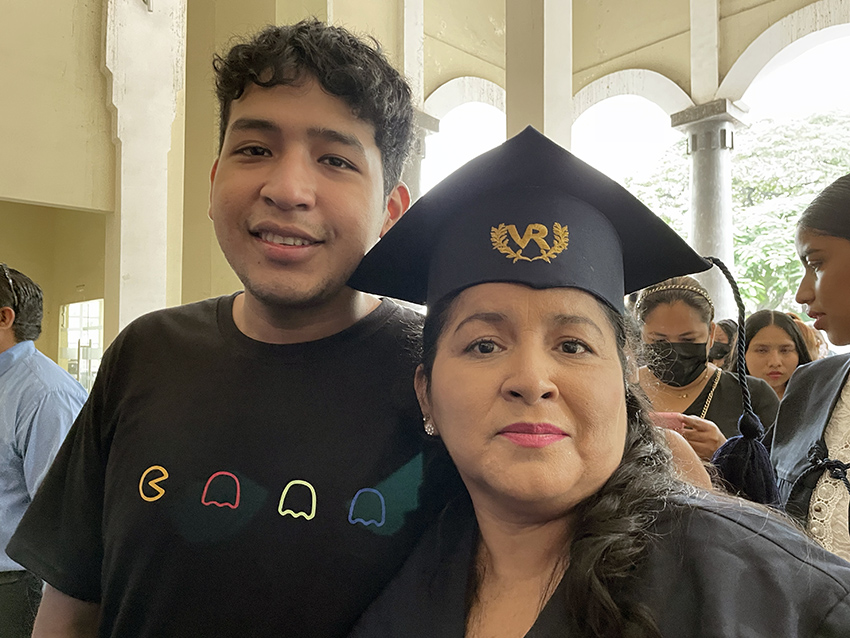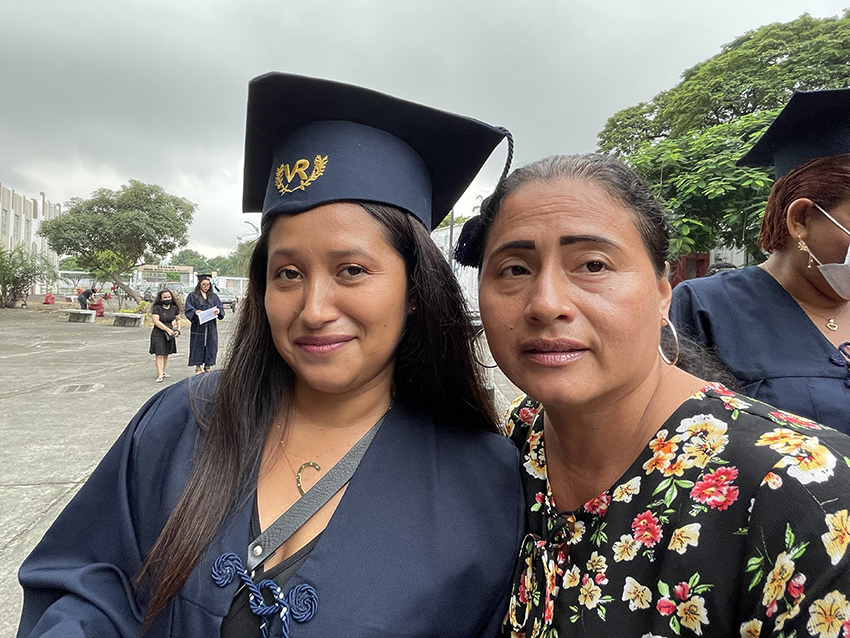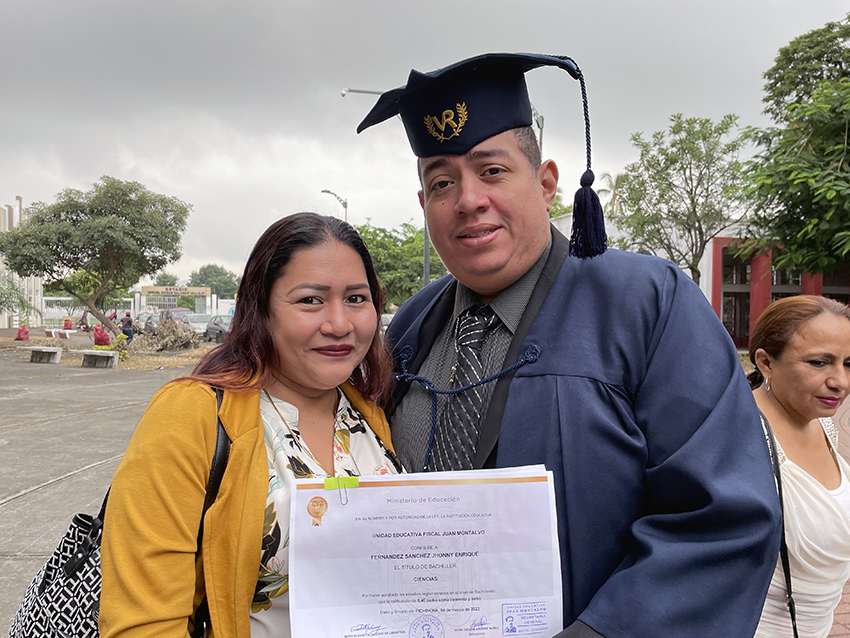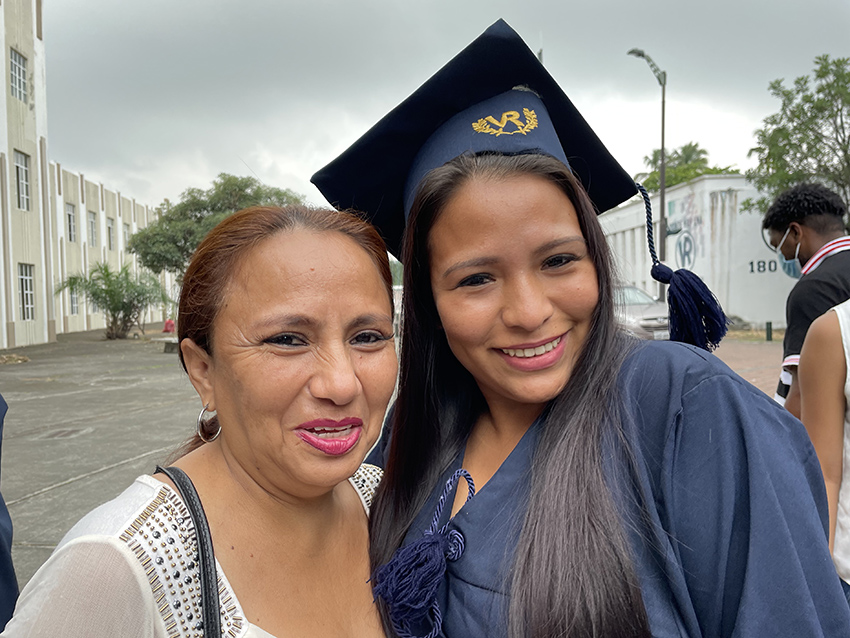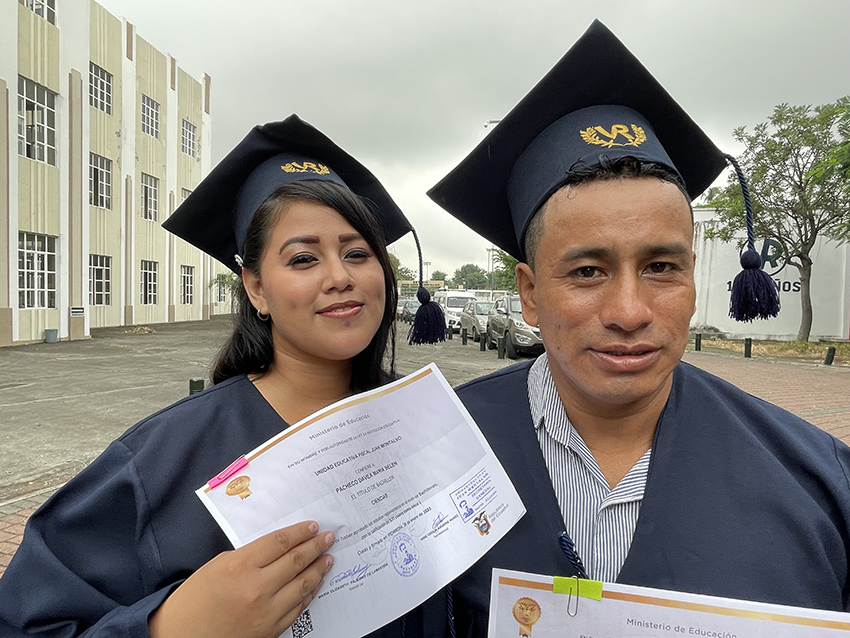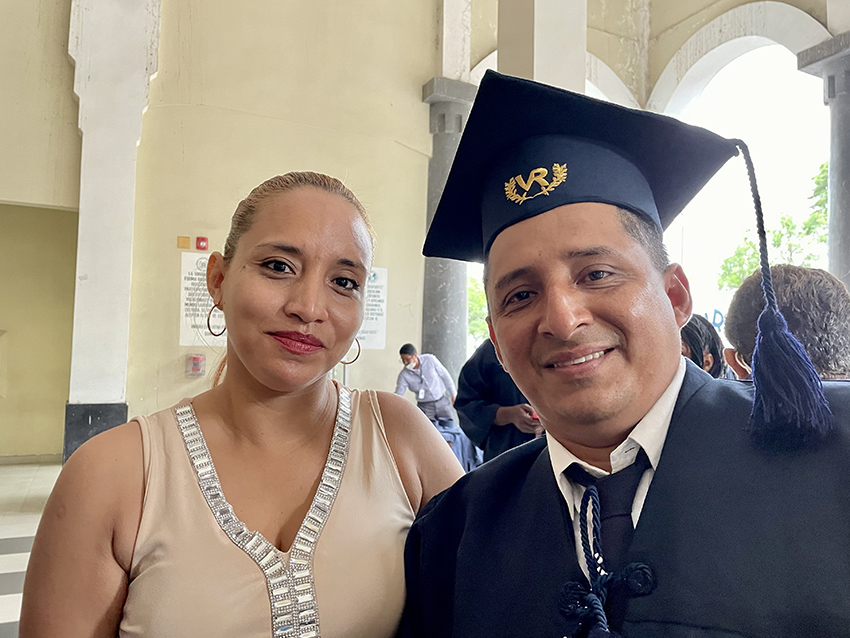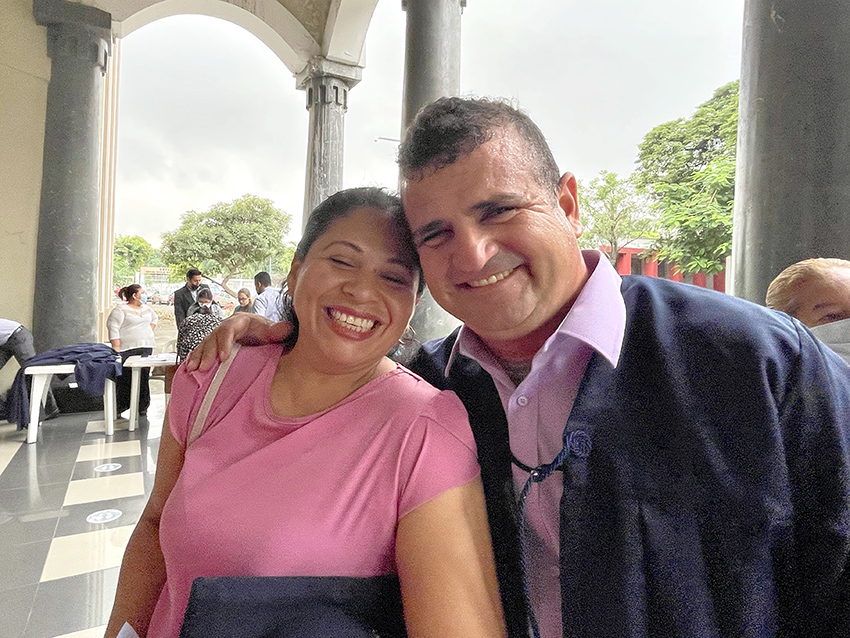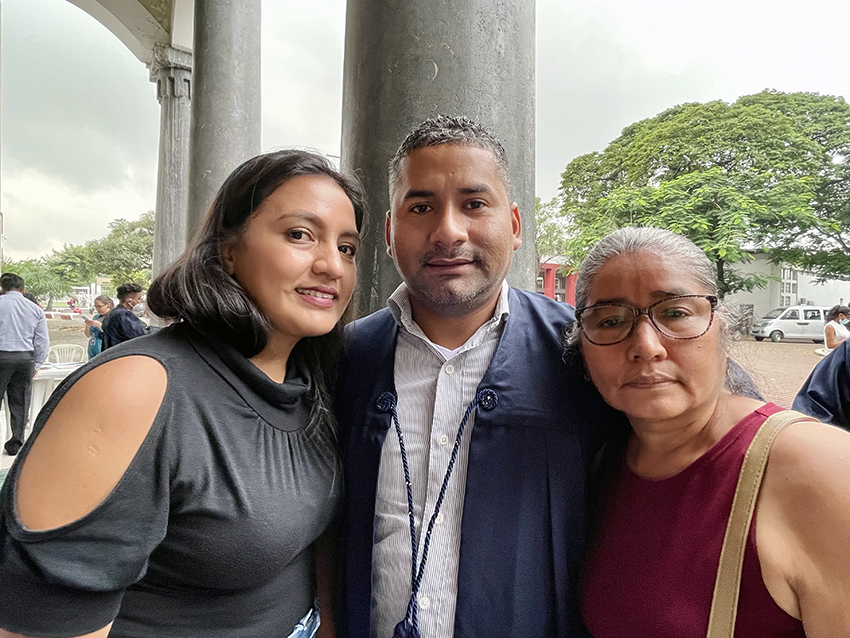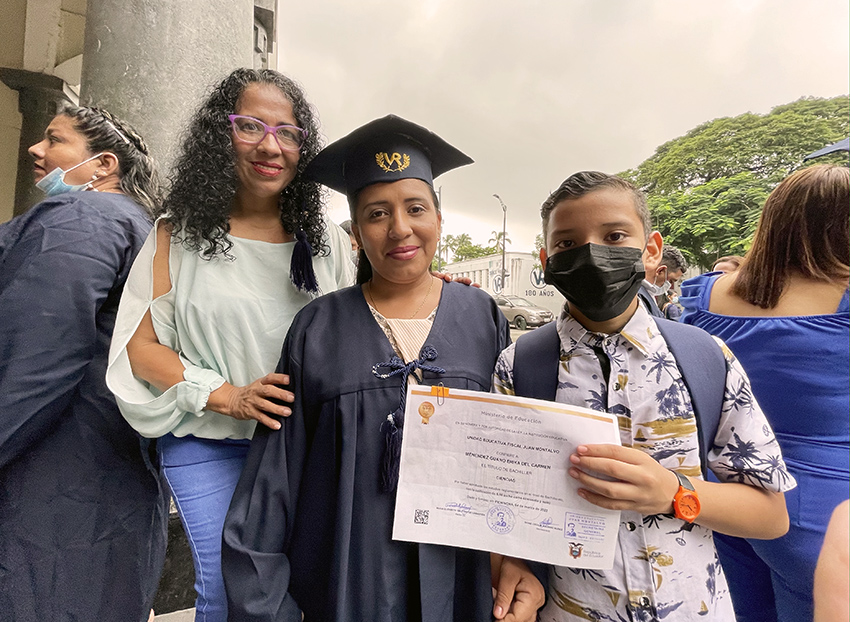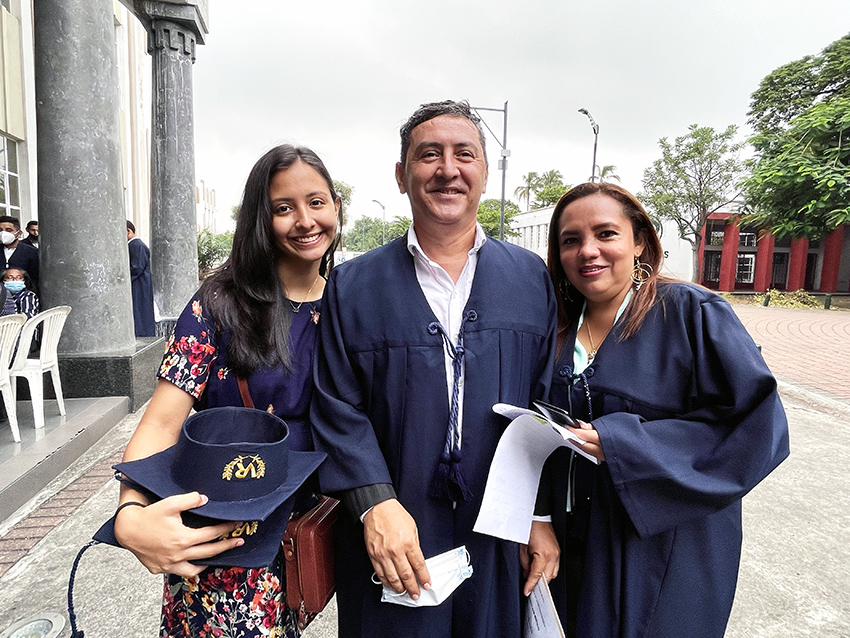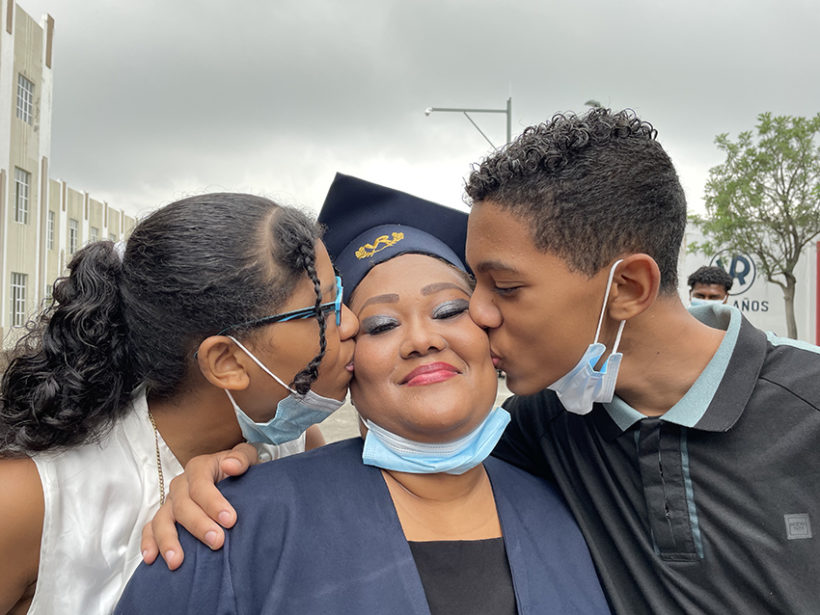In June 2022, the 7th International Adult Education Conference CONFINTEA VII will be held in Morocco.
There, some 1,000 participants will discuss effective adult learning and education policies from the perspective of Lifelong Learning and taking into account the United Nations Sustainable Development Goals (SDGs). The participants of this conference will also elaborate a new framework for action for adult learning and education to replace the Belém Framework for Action adopted at CONFINTEA VI in 2009.
It is necessary to consider that not only in our country, but also in Latin America, the gaps in education remain high. In recent years, the governments in power, both the so-called progressive and the neoliberal ones, have done little to narrow these gaps and make it possible for young people and adults to have access to education at different levels. The almost two years of the covid-19 pandemic played an important role in making this situation more visible and more acute. The inequalities in terms of access to connectivity and communication technologies were notorious; entire families had only one computer – in the best of cases – or just a “smart” mobile phone, which did not meet all their needs.
Although the Ministry of Education of Ecuador implements various forms of education aimed at young people and adults who for various reasons have not completed their high school studies, the country has about 6 million young people and adults (Enemdu, 2020) who have not completed high school, that is, one in every three Ecuadorians is in a situation of incomplete schooling. Another reading of the statistics suggests that if only the population aged 18 and older is taken into account, the result would be that one out of every two Ecuadorians over the age of 18 has not completed high school. In the case of young people and adults, there is also the issue of the precarious employment conditions in which they find themselves, and the lack of a baccalaureate prevents them from achieving better employment conditions to improve the living conditions of themselves and their families.
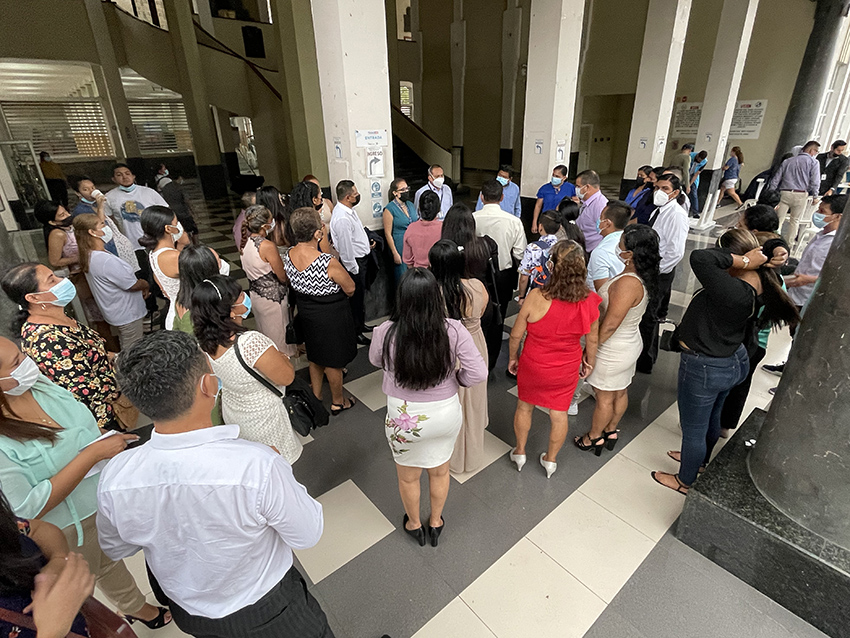
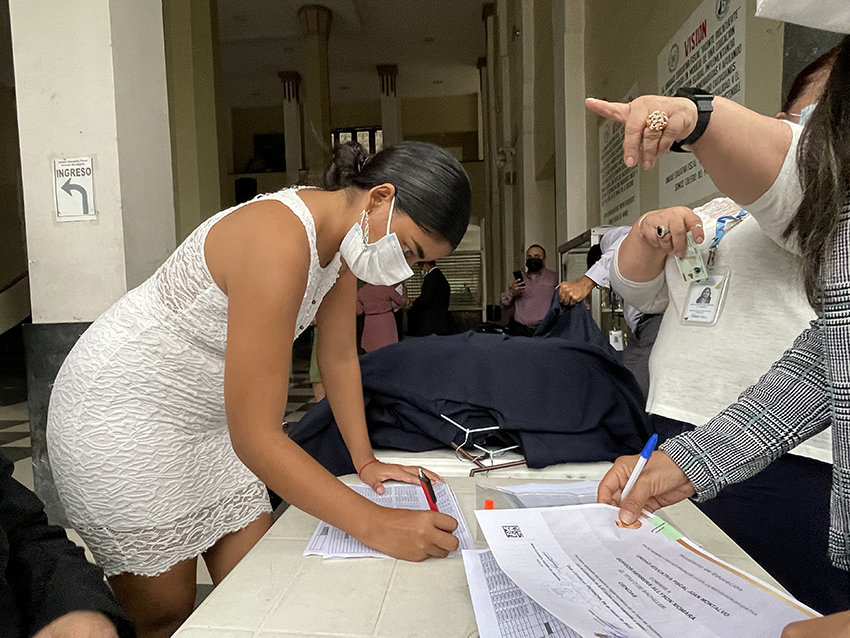
In the midst of the difficulties and the lack of political will to resolve this situation, it is comforting to observe processes in which a little more than 1,000 young people and adults are completing their studies at the baccalaureate level, such is the case of students in the distance – virtual modality promoted by the Ministry of Education of Ecuador.
Any educational process that opens up possibilities for all people to exercise their human right to education dignifies life and enables lifelong learning and learning for life.
